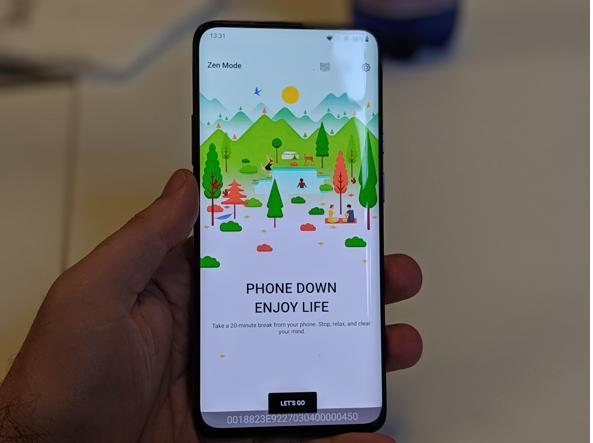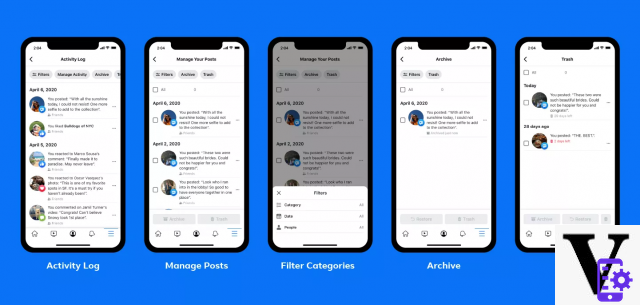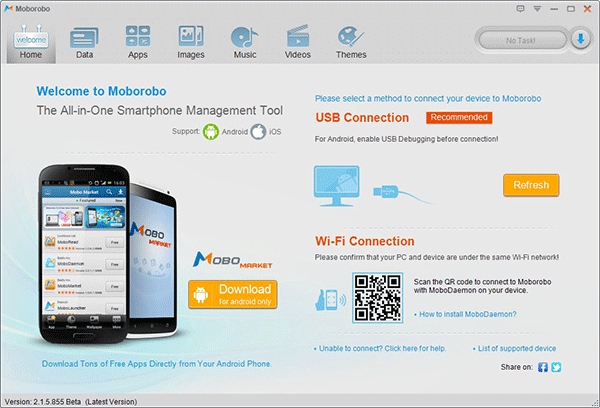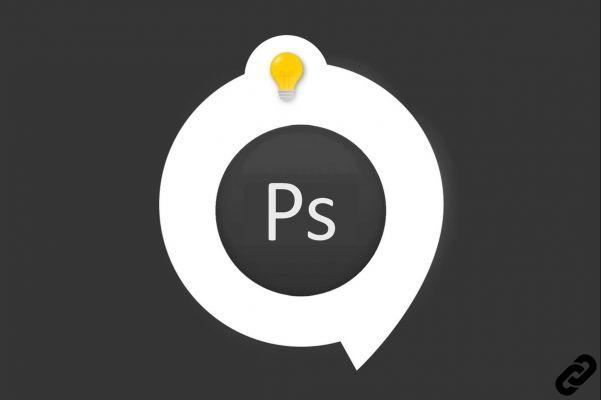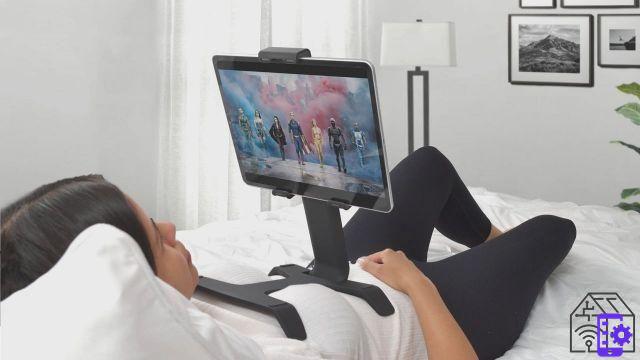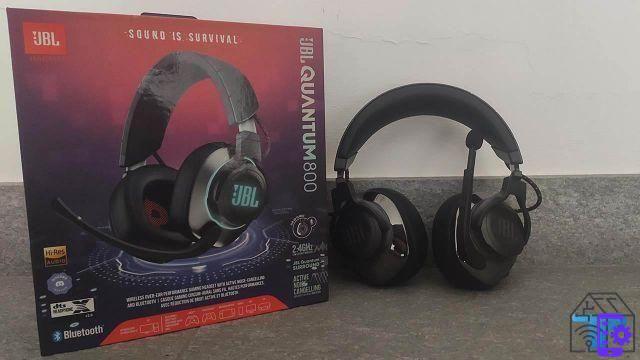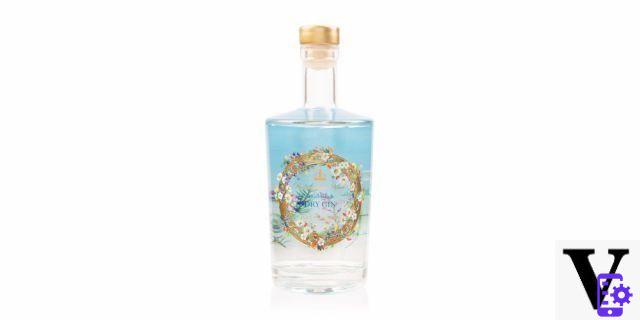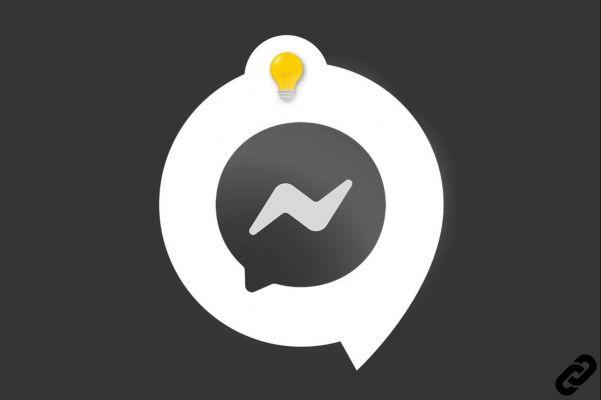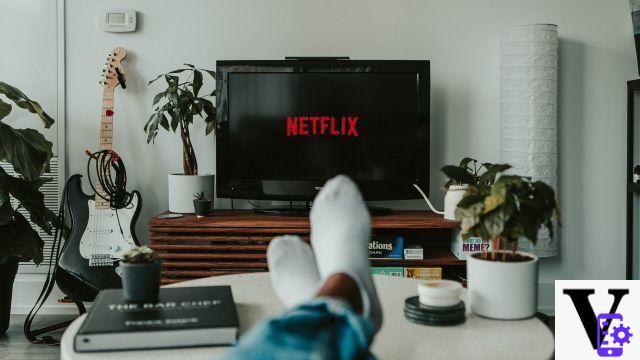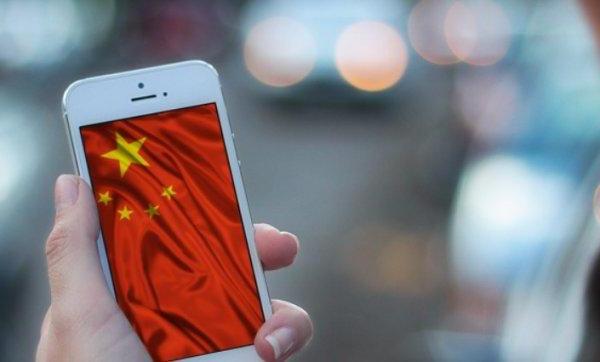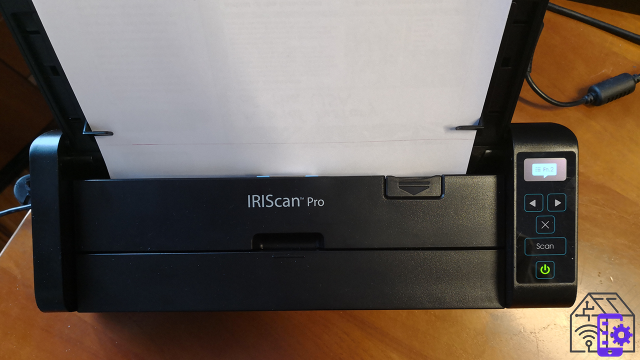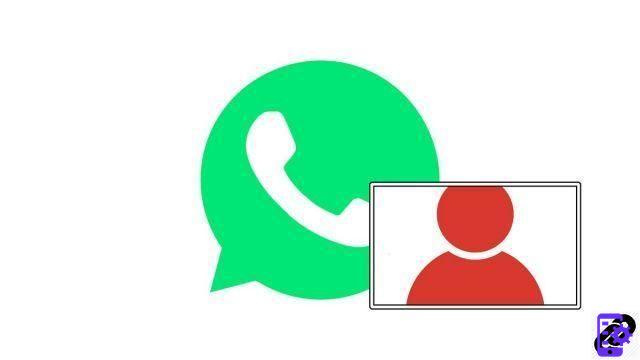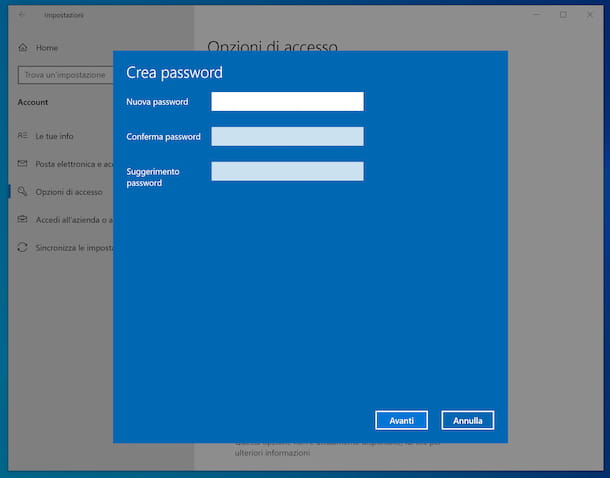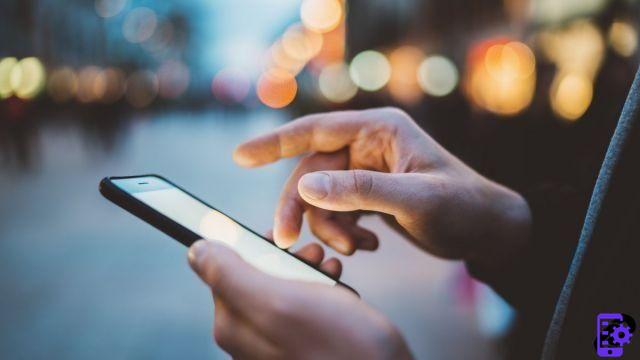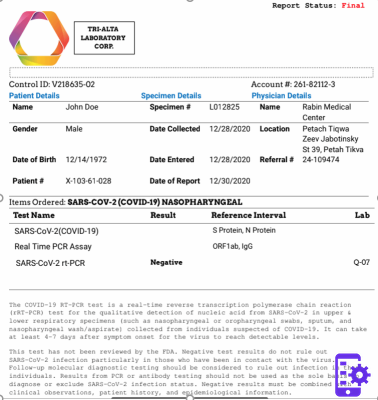Can common alcohol be used? What about dish soap? And what can we do to eliminate coronaviruses? The answers
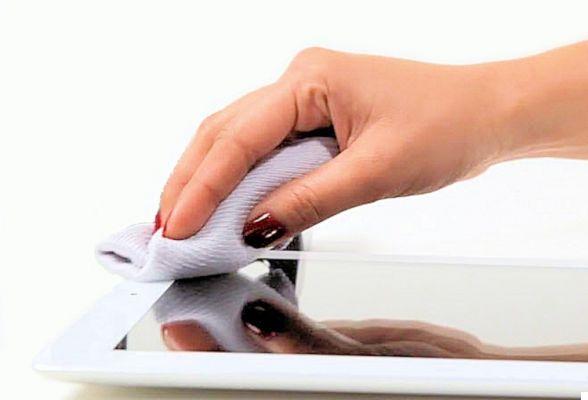





There is no doubt: it smartphone, an object that we compulsively manipulate dozens of times a day, is a receptacle for crap. According to a 2017 American study, researchers studied the germs present on the cell phones of a sample of high school students, and found that these devices contained ten times more bacteria than toilet seats.
From here we understand that smartphones and tablets are ideal devices for the spread of germs. From touch screens, germs come into contact with hands and face, increasing the risk of infections. As a general practice, it would be advisable to clean the smartphone at least once a day, or even more often if it has come into contact with colleagues and friends, and avoid taking it to the bathroom. Besides, of course, washing your hands often.
The best sterilizers for smartphones (and more)
Virus e coronavirus
The main channel of diffusion of the Covid-19 coronavirus infection, however, it is not contact with these devices, it has been reiterated several times by the health authorities and various experts. A German study circulated which found one possible resistance of the virus on surfaces and objects for up to 9 days. It is essential to underline that this study referred to coronavirus in generale: its validity has not been demonstrated in the case of Covid-19 (also known as SARS-CoV-2).
This virus needs a living organism to reproduce successfully, and it spreads especially if you come in close contact with the breath droplets of an infected person who has just sneezed, coughed, or blown his nose.
The most effective procedure to inactivate coronaviruses, in general, is to disinfect surfaces by applying, for about a minute, ethanol at concentrations between 62-71%, or 0,5% hydrogen peroxide, or sodium hypochlorite. at 0,1%.
What you should NOT use
To effectively clean the screen of a mobile phone or tablet without damaging it, however, it is necessary to make some clarifications. First of all, we tell you which products NOT to use (unless, of course, you have protected the screen with one of the many films on the market) or in any case avoid:
- Liquids for cleaning windows
If you use a special detergent to clean a mirror or a window, guess it should also be good for your cell phone, right? Wrong! Especially for some phones like the iPhone XR, which have a protective coating that resists oil and water, and can wear out over time. Using harsh cleaners can remove the coating and make your phone more vulnerable to scratches.
- Kitchen cleaners
The scratch-resistant properties of a screen are not canceled out by the components present in these types of cleaners, but the removal of the protective coating is still a problem. This is why Apple does not recommend using this type of product to clean the iPhone.
- Paper towels
They may be fine for cleaning your desk, but don't you dare use them on your cell phone. The paper can break, making the situation worse. And in the long run, it can scratch the screen as well.
- Alcohol
What is commonly used as a mild skin disinfectant should be avoided on newer cell phones, as over time it may cause the screen to be more exposed to scratches. Check for the presence of so-called "safe to use" screen cleaners in the composition
- Cleansers
Some makeup removers can have harsh chemicals for an electronic display. Better to use a simple soft cloth with a little water.
- Compressed air
Keep in mind that your cell phone is a delicate device, and so shooting a very intense puff of air at all of the connectors would not be a very wise thing, especially for the microphone. If you really want to do it, do it carefully from a distance.
- Dishwashing liquid and hand soap
While these types of soap can also be gentle on the skin, the only way to use them with screens is to dilute them (a lot) with water in a basin. Since most manufacturers say they keep water away from the phone, it's best to use a damp microfiber cloth. Never put these soaps / cleaners directly on the cloth without diluting them.
- Vinegar
To be avoided carefully, as it can quickly remove the screen coating. At most you can use a solution consisting of half vinegar and half distilled water, but ONLY to clean the phone on the sides and back, NOT on the screen.
- Disinfectant wipes
Usually in the directions for use it is recommended to wash your hands after using them, so using them to clean something that often touches your face is not really a great idea. In addition, they usually contain alcohol which eliminates the oleophobic (repellent for fats and oils) and hydrophobic (water repellent, essentially) coating. Unless they are wipes designed specifically for cleaning touch displays.
What can be used then?
Here, instead, is what it would be appropriate to use it for clean our touch devices without damaging them:
The best thing to do is to get one or more microfiber cloths, of the type, so to speak, that is used to clean the lenses of glasses, or a chamois or chamois cloth: they are all so soft that they do not scratch the screens and do not even leave the annoying halos.
With what to moisten these cloths? Simply, with water (better if distilled) e soap (as we said before, for dishes or hands, as long as it is very diluted, or with one spray specific for electronic displays.
A suggestion: if on the display there are grains of sand, fluff or hair, BEFORE wiping the cloth, remove them by applying, without pressing it against the glass, a piece of common scotch tape (or paper tape, the one used by painters), pulling it away immediately gently.
On the market, then, there are UV sterilizers that for a few tens of euros promise to sterilize cell phones (and other objects such as earphones, earrings, etc.) with ultraviolet light, destroying bacteria and many viruses in a few minutes.
Here's where you can buy the UV sterilizer









